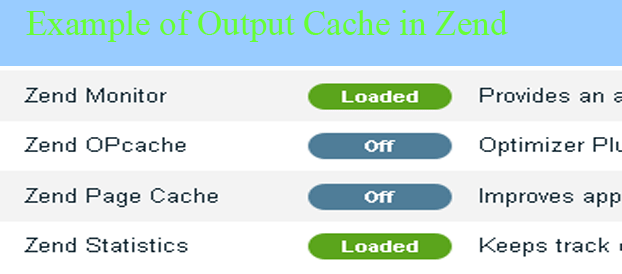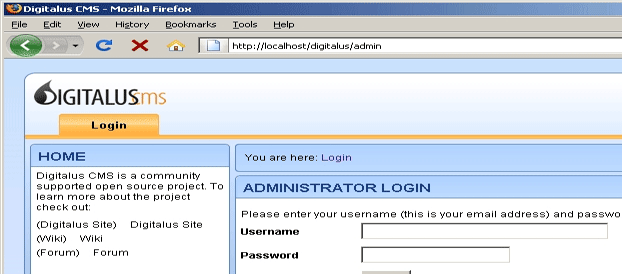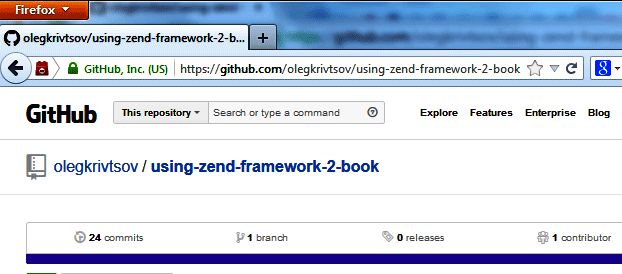What is Caching and Cache implementation in Zend
Optimization is one of the great thing for making an web application much faster.Although there are various way of optimization .Caching is one of the most efficient way of optimization of web application. In caching technique basically we store the output somewhere on our file system, memchached server or somewhere else other than our application server . If someone tries to access the same url then instead of creating same output again and again we simply show the output from our cached server or cached files. Here one thing is notable that caching is not beneficial/recommended for all the web application so we must know the recommended condition.
Recommended condition for caching:
Your page content should be stable and doesn’t contain very frequent data changes. We can cache any HTML, XML and images as well
Recommended condition for non caching:
If the output of the page is getting changed at regular interval for example you are showing timer, clock and any such content that is not stable then here caching will make negative impact on your page.
Zend provides a good cache management mechanism through their class Zend_cache.Zend_cache implement caching by frontend and backend adapters. In Frontend adapters we provides options of caching where as in backend adapter we specify the location of cache storage we will elaborate it later on this. In Zend we can implement caching at different level for example :
>> Page cache in Zend: In which we cache the output of entire page without changing the PHP Code. Zend Page caching improves the performance of a page dramatically. But in this caching the problem comes when our page have queristring which gets changed rapidly and result also based on the value of querystring. To overcome this problem and better caching for those URLs we use Output Caching
>> Output Cache in Zend: In this caching mechanism we create a cache the output of the page in Key value form where Key is a unique key generated for each URL and Value is output of that page.
In this scenario we take full URL with their querystring so that we can cache output of each and every URL even for dynamic querystring as well.
>> Data Cache in Zend: In data cache we store and manage data items (like array, string, image etc.) instead of full page output. Zend data caching allows for precision guided caching where page caching is not an option .
Chandra Shekhar
Latest posts by Chandra Shekhar (see all)
- Best practices for micro service design - January 23, 2022
- Spring Boot - January 23, 2022
- Java - January 23, 2022





Recent Comments